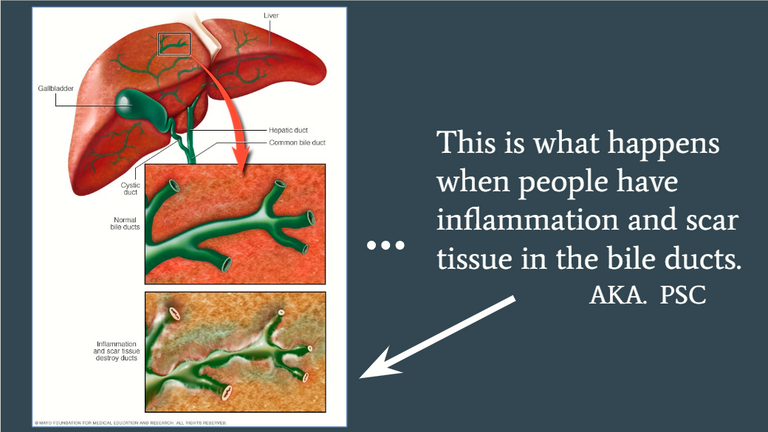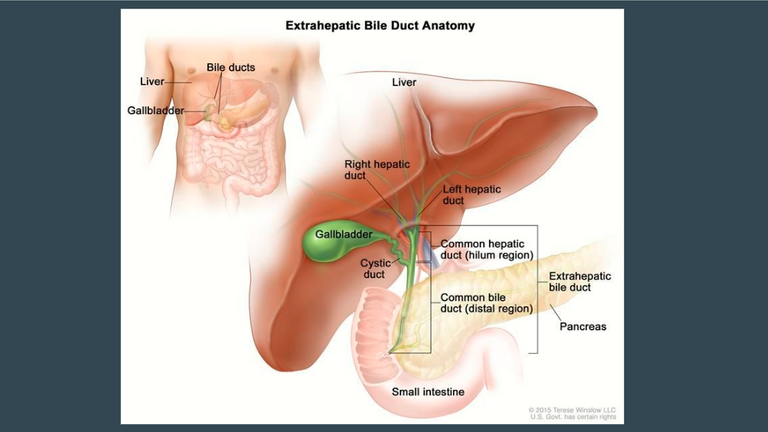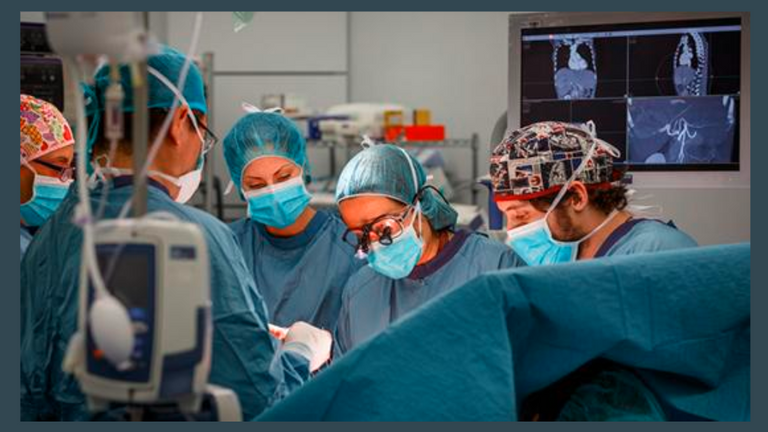What is PSC?
PSC is the short version for Primary Sclerosing Cholangitis, which is classed as a autoimmune disease. PSC is a really rare disease that causes inflammation in the bile ducts, which the ducts transport bile (a digestive liquid that helps digest fats and fatty vitamins) from the liver, where the bile is produced, to the gallbladder and small intestine.
When there is inflammation in the bile ducts it can cause scarring the actual bile ducts and liver. The bile duct scarring which occurs in PSC narrows the ducts of the biliary tree and decreases the flow of bile to the intestines. Eventually, it can lead to cirrhosis of the liver and liver failure.
(The biliary tree- (biliary tract,biliary system) Refers to the liver, gallbladder and bile ducts, how they work together to create, store and seperate the bile)
(Cirrhosis- is a condition in which the liver does not function properly due to long-term damage. This damage is indicated by the replacement of normal tissue to scar tissue. Normally, the condition is developed slowly in months or years)

The thing with PSC is, it's a long term, slow-damaging disease were people with this disease, have higher chances of catching cancer and other autoimmune diseases. The other autoimmune diseases you may get if you have PSC are IBD (inflammatory bowel disease), UC (ulcerative colitis), Crohn's disease, also they may experience autoimmune disorders, such as type 1 diabetes, celiac disease, or thyroid disease, than people without PSC.
The Cancers that could be caught are mainly cholangiocarcinoma, gallbladder carcinoma, hepatocellular carcinoma, and colorectal cancer. These cancers alone kill 50% of the patients with PSC.

Does PSC have anything to do with the digestive or respiratory system?
Yes it is apart of the digestive system. The liver has multiple functions, but its main function within the digestive system is to process the nutrients absorbed from the small intestine. Bile from the liver secreted into the small intestine also plays an important role in digesting fat. The liver also detoxifies potentially harmful chemicals.
What are the symptoms of PSC?
You may not know you even have the disease, as it is a slow developing disease that might not show up until till years later; you may experience tiredness, loss of stamina, itchy skin, stomach/liver pains, yellow skin, liver spots on the skin and dark/stinky urine.
A blood test may show a problem with your liver by high test results, which would then lead the doctors doing more investigation, from seeing a specialist and doing testings such as : Ultrasound, 3 monthly blood tests , x-ray scanning your liver area and internal camera investigations.
The patients would have to be monitored regularly due to they are more prone to infection and bacteria that could worsen the person's state of health.
The causes of PSC ?
Doctors are unsure the real causes of PSC, but some doctors believe that it is the immune system attacking itself, then different doctors and patients have different theories/thoughts on what causes this disease.
Some of the theories that they have come up with are environment, stress, abuse, long term usage of medication, alcohol & drugs, wrong diet (fried foods, dairy products, processed foods, proceed sugar, inflammatory foods), hepatitis and the last factor is it has to be genetic or in your genes, as their are people that have been on medication for the last 20 years and have a bad diet that didn't get this disease; this is why people conclude that it is apart of genetics.
Which could be avoidable if people with this gene knew how to prevent the problem from occurring, like having a good diet, stop drinking alcohol ....ect.
"let food be thy medicine" - Hippocrates - father of medicine

Who is prone to PSC?
PSC usually found in adults at the ages between 30-40 but primarily affect men with the ratio being 2:1, 1 and 100,000 adults are diagnosed every year worldwide with PSC.
PSC can be found in children but doctor doesn't observe children, every year 1 of 100,000 children are diagnosed with PSC, it is also common that children with IBD (inflammatory bowel disease), are affected with PSC as well; 10% of children with UC are affected by PSC.
PSC normally affects ancestry of Northern European more than Southern Europeans or Asian descents.
Is PSC curable and can it be treated?
The doctors believe that PSC is a non curable disease, which can be managed with doctor care and medication to manage the bacteria, that may worsen the disease. There are natural doctors that believe in herbology, which certain herbs can help manage and calm down the inflammation, brake down the mucus, help with bacteria growth and stabilizing the PH system.
There are herbs that are said that may help with healing scarring, but have not been documented or known in helping with PSC control.
When PSC is life threatening due to the severity of the scaring, there are TWO options :
Number one is a liver transplant, which the PSC may come back even with a liver transplant, plus there a multiple complications with the liver not agreeing with its new surroundings which could lead to death.
Number two is a operation through putting a valve in the bile duct to widen the narrowing.
New documentation that it is believed a change in diet can help with the managing and twenty five minutes of light exercise (stretching included) to help build up the immune system. (Exercise is not documented only the diet.)
Which Doctors and Specialists are involved in working with PSC Patients?
Specialists in gastroenterology and hepatology, pathologists, oncologists, pediatric specialists, endoscopy specialists and surgeons work as a team to provide comprehensive care for adults and children with primary sclerosing cholangitis. Which work with your normal doctor.

-Girlwithavoice
The sources I used:
Site 1
Site 2
Site 3
Site 4
Site 5
Site 6
Site 7
Site 8
Site 9
Site 10
Just got to hear about this kind of disease for the first time, anyways it is interesting to learn about it and to know how to fight it though it is highly expensive with the process outlined here in your post. All the same thanks for the awaereness.
It is a very rare disease, I did this for a school project which I found very interesting, there is another user @biglipsmama that knows a lot of information on this disease, which they focus more on herbal maintenance. But I am glad that you stopped by, and that you are now more aware about this disease.
Congratulations, your post has been curated by @blurthealth, manually curated by @ninoh22. To get more Upvote support, make more unique health related content and follow @blurthealth.